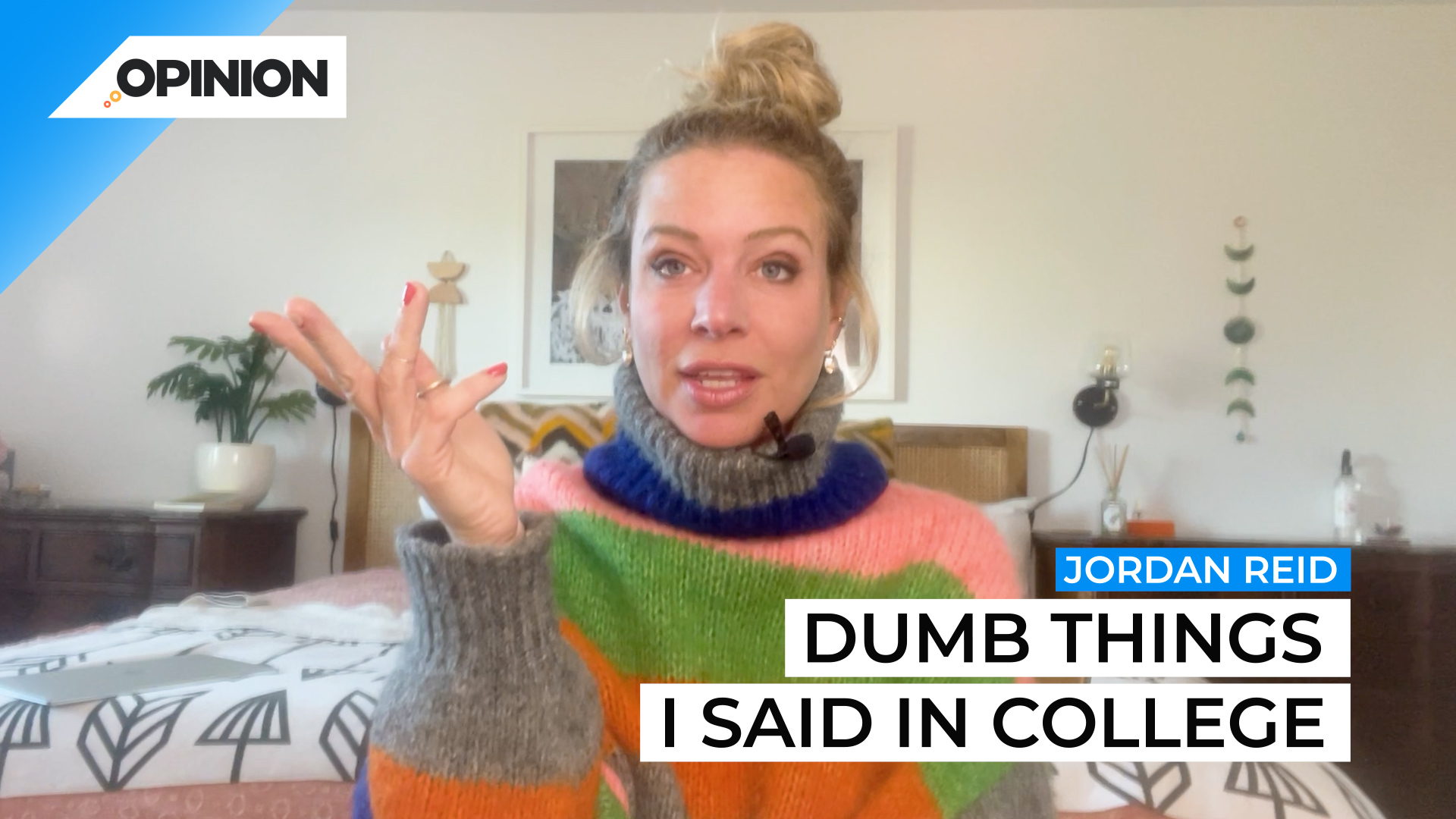
Commentary
-
Our commentary partners will help you reach your own conclusions on complex topics.
I’ve been trying to come up with a list of the dumb things I’ve said in college to tell you here…and I can’t. It’s too long. Dumb is even putting it lightly.
I entered college as a privileged, nominally liberal white girl from a major metropolitan area whose experience with politics extended to the belief that I should say I was Canadian when I visited Europe in the months following our entry into the war in Afghanistan.
I thought I had opinions, but a significant number of them were…shall we say…uninformed.
I truly shudder to think what I would have said about systemic racism had I been asked to opine on the topic in my African American history class – which was, incredibly, taught by Cornel West himself.
I’m not saying I would have argued against the existence of systemic racism, but I didn’t know much about it. Chances are I would have said something hovering between ignorant and offensive, simply because I was eighteen, and had no idea what I was talking about.
Which is…okay.
I mean, isn’t that what college is for? To give voice to your opinions, to hear differing opinions voiced by others, and to allow your perspective on the world to grow accordingly?
Alas, that’s not the experience that many of today’s college students are getting.
When I speak to friends with college-aged students, one fascinating – and troubling – through line is there. The kids are afraid to talk. They’re afraid that if they put their thoughts the wrong way – use a word that isn’t the currently acceptable word for, say, a minority or an LGBTQ person (and you have to admit that the vernacular is evolving in this realm), they’ll be mocked…or, worse, canceled.
And if they have an opinion that differs from the classroom majority? Yikes.
It’s not a liberal issue or a conservative one – it’s everywhere.
Kids are afraid to challenge their peers in the very spaces that exist to foster those uncomfortable discussions, and the resultant growth.
Evidence supporting their fears is everywhere. Just last year, a University of Rochester professor was suspended after quoting a text containing a racial slur, and MIT canceled a lecture by a speaker who’d openly criticized inclusion initiatives. Since 2019, state legislators have introduced nearly 100 bills aimed at protecting free speech on campuses.
But all is not lost, despite the alarm-ringing by many pundits on both sides of the aisle. Increasingly, independent groups encouraging civil, open dialogue are popping up on campuses nationwide, giving students a relatively safe space to explore the balance between free speech and inclusivity.
Some even make a point of electing group leaders who represent differing political ideologies.
As an example, a dialogue club called WeListen at the University of Michigan meets a few times a semester to discuss issues such as drug legalization and criminal justice reform, and send out both nonpartisan and bipartisan talking points to members in advance. They set out ground rules including “Challenge the idea, not the person.”
The conversations can become uncomfortable, of course…but is that a bad thing?
Our nation has become so divided along partisan lines that it can be hard to have even the most fundamentally constructive conversation with someone from the other side.
We’ve developed knee-jerk reactions to differing opinions that border on the hostile.
So it’s heartening to see that the next generation has accurately pinpointed the problem, and is taking concrete, valuable steps to rectify it. The kids, it seems, might be alright after all.
-
Americans must reject Trump to defend our democracy
At the end of the Republican National Convention, Donald Trump accepted the nomination as the GOP candidate for president. In the first part of his acceptance speech, Trump called for unity and healing, although he derailed into partisanship as he continued. Critics have debated the media’s role in handling Trump’s speech. Some argued he was…
-
It’s time for Kamala Harris to pick up the torch
Debates have continued among Democrats about whether President Joe Biden is the best candidate for the 2024 election or whether an alternative Democratic leader might be more electable. While there’s no shortage of fellow Democratic leaders to choose from, President Biden and his supporters have continued to assert that Biden can and will win as…
-
Republicans want to sabotage US education
Former President Donald Trump’s official educational policy platform reveals plans to eliminate the Department of Education and seize the financial assets and endowments of elite U.S. universities. These proposals and others have convinced some liberal critics that the true goal of Republicans is to intentionally weaken U.S. education. Watch the above video as Straight Arrow…
-
Despite poor debate performance, Biden deserves our support
President Joe Biden himself admits that he delivered a “bad” performance in the first 2024 presidential debate. About a week after what some consider to be the worst debate performance in the history of televised debates, polls indicate that more voters than ever have an unfavorable opinion of the president, believe he is too old…
-
The modern-day Republican woman has terrifying role models
In a recent New York Magazine cover story entitled, “How Did Republican Women End Up Like This,” Rebecca Traister writes about some of the more polarizing examples of female Republican leaders and their positions on abortion, the transgender movement and women in general. With Republican women set to play a major role in the November…
Latest Opinions
-
 U.S. Department of Defense
U.S. Department of Defense
Congress still trying to figure out how to reduce wasteful military spending
-
 DVIDS
DVIDS
US Navy, Air Force making waves with new weapons at RIMPAC
-
 Getty Images
Getty Images
Israeli PM Netanyahu meets with Trump at Mar-a-Lago
-
 Getty Images
Getty Images
Growing US nuclear power resurgence reaches the nation’s heartland
-
 Getty Images
Getty Images
Beer from the sun, other solar thermal projects get government funding
Popular Opinions
-
In addition to the facts, we believe it’s vital to hear perspectives from all sides of the political spectrum.


